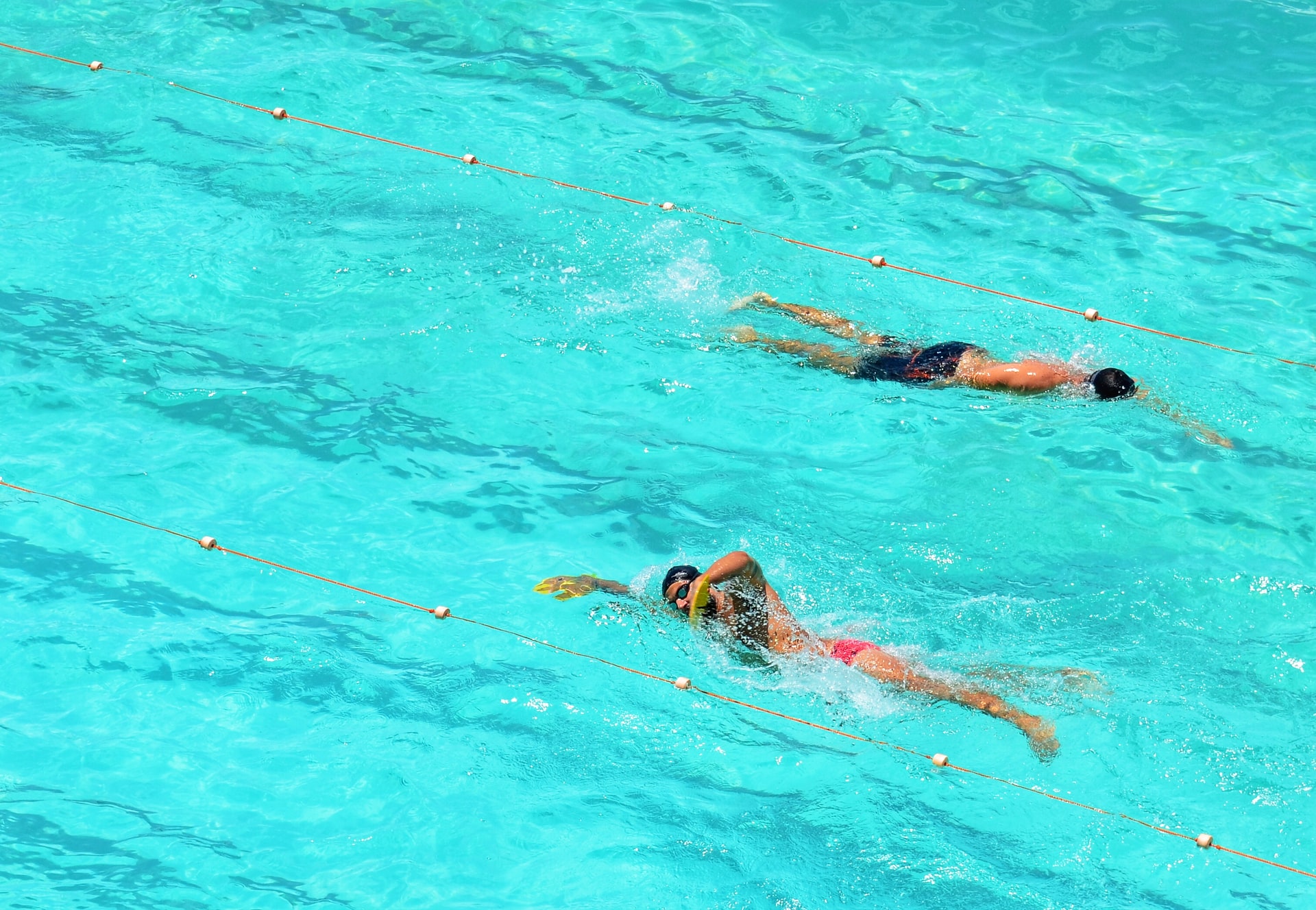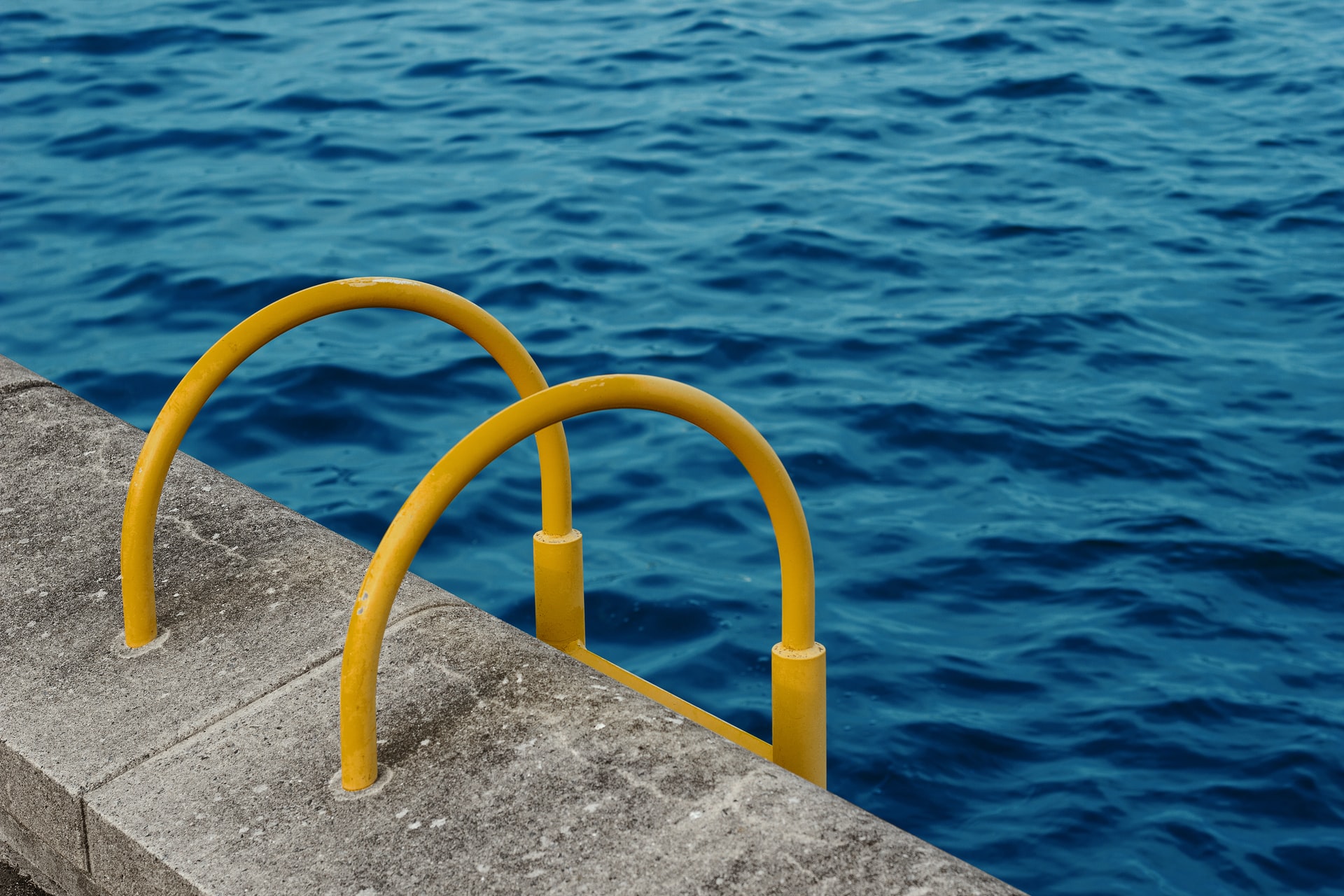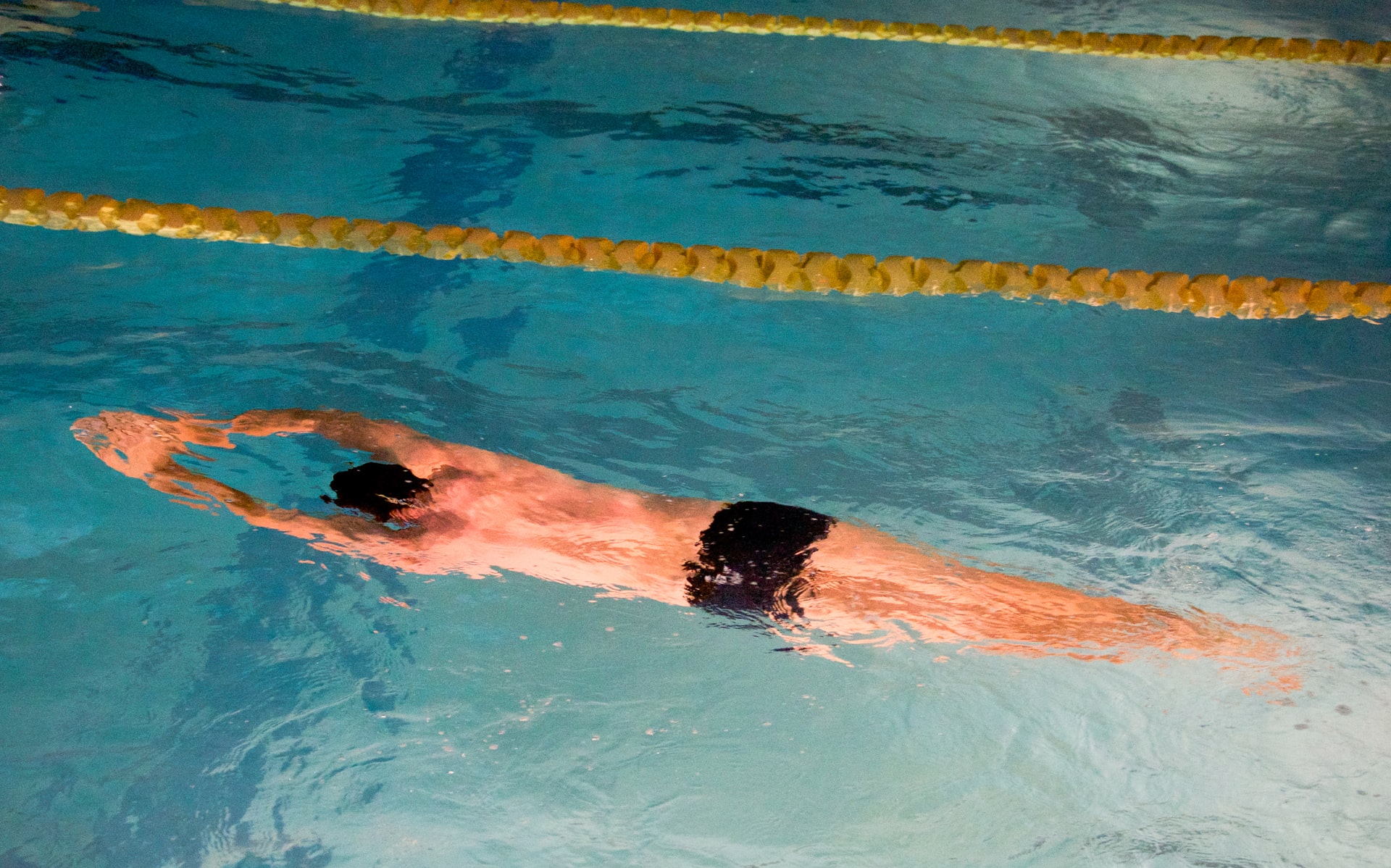How Hard Coaches Push On Young Swimmers?
How much practice time should we give our youngest swimmers? How rigorously should I train? When should we suggest they stop participating in other sports and focus just on swimming? These are issues that have persisted for a very, very long period. Even though the swimming community claims to be divided on this issue, there isn’t much disagreement in reality.
On the one hand, there is clear evidence that elite swimmers began their careers extremely early. Michael Phelps is the ideal illustration. At the age of 15, he held the world record and was a world champion. He began swimming at the age of 7. I created a list of 20 arbitrary swimming greats to test the consistency of this across elite swimmers, and for 11 of them, I was able to determine the age they began competitive swimming. These 11 had an average starting age of 6.8 years.
Due to the superstars’ young beginning ages, there has been a significant, probably subconscious movement in private swimming lesson rates to have swimmers start young and then specialize young. This is why we read about teams where 10&Unders have numerous morning practices each week as well as training camps where there are two and even three practices each day. Or we hear of swimming competitions that are absolutely astounding. This year, three new USA marks for girls 10 and under competing on the long course were set: 36.13 for the 50 breaststroke, 1:17.74 for the 100 breaststroke, and 1:08.67 for the 100 butterfly. Incredible!
However, this is the issue. Without a solid foundation of training, you cannot become this quick at such a young age. And the data demonstrates that these preliminary outcomes don’t necessarily predict future success. Quite the reverse, in fact.
 According to a commonly cited ASCA research on this subject,
According to a commonly cited ASCA research on this subject,
Think about what this entails when you take another look at that table. Only 11% of the top 100 swimmers in any event for 10 and under are still swimming well into their teen years. Even more astounding is the fact that just 50 percent of the top 100 swimmers at ages 15 to 16 are still at the top at 17 to 18. That is only a few years later! The report continues by stating that the majority of future top swimmers never cracked the Top 100 among age groupers.
Here are a few more things to consider.
The average age of US Olympic swimmers in 2012 was 23.7, while a 2001 survey by the National Alliance for Youth Sports indicated that 70% of kids stop participating in sports by the time they are 13 because they are no longer enjoyable.
Recent research suggests that elite achievement is adversely connected with training volume at age 14, and that early specialization increases the risk of early burnout and leaving.
When you combine all of this, you have a dilemma. We place too much emphasis on rigorous training at a young age and on encouraging kids to specialize in swimming at a young age, despite overwhelming evidence to the contrary.
Why do we think this way, though? Why do we routinely put our young swimmers under so much pressure?
The famed Ten-Year Rule looks to be a major factor in the solution. Dan Coyle popularized this guideline in his book The Talent Code. He claims that 10,000 hours of focused practice is all that is required to become exceptional in almost any area. This idea serves as a key tenet of both Australia’s Long Term Development in Swimming paper (here) and Canada’s Long Term Athlete Development document (here). Although they don’t go quite that far, USA Swimming does mention that it takes ten years of purposeful effort in addition to grit, determination, and desire to achieve an elite level (here).
The concept is basic. If it takes 10,000 hours to become outstanding and swimmers now peak in their early 20s, then they must put in around 1000 hours of intensive training annually beginning at age 10 or so. That equates to 500 2-hour exercises each year, or 1000 hours per year. It can’t be avoided, right? There are no shortcuts, even according to the Australian document. (They, not I, bolded this)
 There is a core issue with this whole thing. It’s untrue.
There is a core issue with this whole thing. It’s untrue.
When David Epstein looked at the initial research by Dr. Anders Ericson on violinists for his book, The Sports Gene, he discovered that the information was scant, retrospective, and only revealed the average time to learn the violin. But no details regarding the range were provided. When looking into how many hours of practice chess players needed to become masters, Epstein discovered another, much larger study. Similar to the violinists, the average time came out to be little over 11,000 hours. The study did, however, include information on the range of hours needed to achieve master level, with some participants needing as many as 25,000 hours to do so.
Consideration of the range of hours has a significant impact. 3000 hours is about equivalent to 3 years, not 10. The very nature of long-term development programs is altered if greatness may be achieved in as little as three years or as long as twenty-five. As it turns out, there are shortcuts! Perhaps we don’t need to begin preparing our 10-year-olds for 1000 hours of practice a year so they can become exceptional performers in their early 20s. And perhaps we won’t see as many gifted swimmers burn out in their mid-teens if we don’t start that specialization at such a young age. Yes, perhaps there won’t be as many astounding records by 10-year-olds. But even in their 20s, such swimmers can still be performing at a high level.
The difficulty is this.
The majority of competitive swimmers started early and specialized early on their path to becoming exceptional, according to swimming data. Early specialization and a head start on things definitely paid off for them. However, these swimmers essentially represent the pinnacle of swimming. the top 0.001% or so of swimmers who compete.
Additionally, studies show that all swimmers might benefit from getting going early. Early specialization and intensive training have a significant negative impact on swimmers who grow weary of the demands of the sport or cease advancing in comparison to their contemporaries. Now we’re discussing the 99.999 percent of competitive swimmers who never reach the elite level.
Should we prepare our swimmers with the expectation that they will join the small group of top swimmers? based on the false premise that success requires years of intensive instruction at a young age? Or should we teach swimmers life balance in order for them to continue swimming and enjoying themselves even when they achieve their physical peak in their early 20s?

